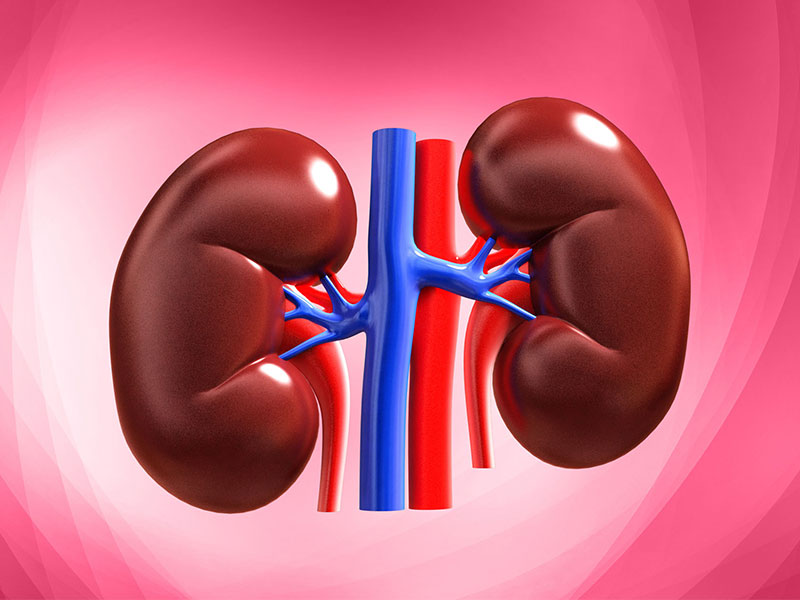A recent study on kidney transplants in Sri Lanka has pointed out that much more needs to be done to improve the survival rates of patients who receive kidney transplants.
The study was conducted by researchers Mohamed Mujahith Salahudeen Buhary Ahamed and Mohamed Nazar Abdul Latiff.
This study looked at the outcomes of deceased donor kidney transplants in Sri Lanka. The study found that the one-year survival rate was relatively low, with infections being the leading cause of death. The study also found that a high proportion of patients experienced complications such as delayed graft function, acute rejection, and infection.
The study authors conclude that there is a need for enhanced infection prevention and control measures in Sri Lanka to improve the outcomes of deceased donor kidney transplants.
Key findings:
• One-year survival rate was 78%
• Infections were the leading cause of death (83% of cases)
• Other complications included delayed graft function (25.9%), acute rejection (22.2%), and infection (44.4%)
Implications:
• There is a need for enhanced infection prevention and control measures in Sri Lanka to improve the outcomes of deceased donor kidney transplants.
• More research is needed to identify the factors that contribute to post-transplant complications in Sri Lanka.
Link to Abstract: https://www.cureus.com/articles/142723-deceased-donor-kidney-transplantation-outcomes-at-a-sri-lankan-center-a-comprehensive-single-center-analysis#!/







